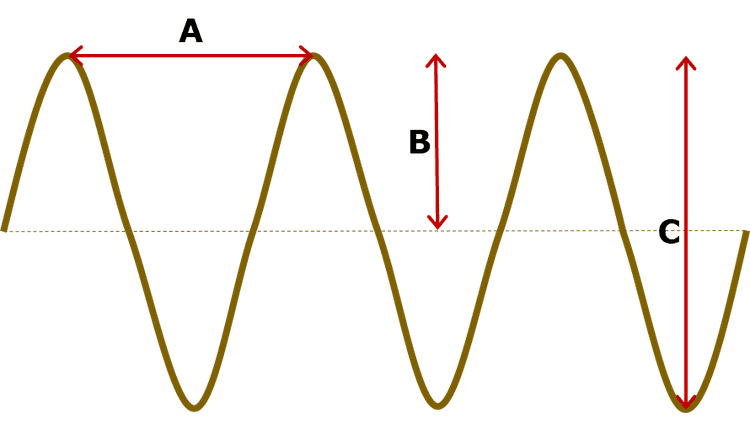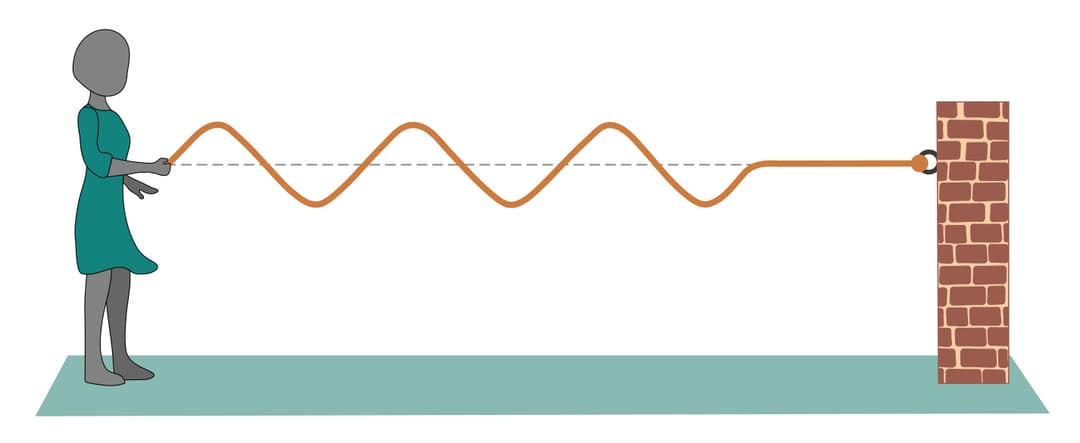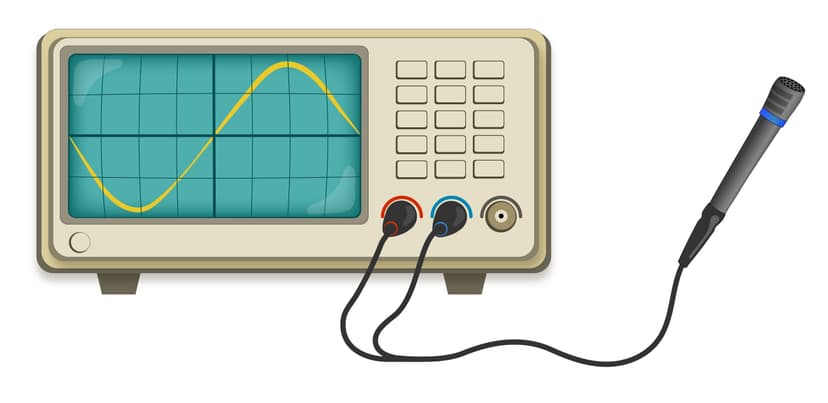The wave equation
I can describe how the frequency of a wave moving through a particular medium is related to its wavelength.
The wave equation
I can describe how the frequency of a wave moving through a particular medium is related to its wavelength.
These resources will be removed by end of Summer Term 2025.
Switch to our new teaching resources now - designed by teachers and leading subject experts, and tested in classrooms.
These resources were created for remote use during the pandemic and are not designed for classroom teaching.
Lesson details
Key learning points
- The speed of a wave depends on the medium it is travelling through
- The speed of a wave does not depend on its frequency
- For a given wave speed, the higher the frequency, the shorter the wavelength
- For a given wave speed, the longer the wavelength, the lower the frequency
- Wave speed = frequency x wavelength
Keywords
Wave equation - wave speed = frequency × wavelength (v = f x λ)
Wave speed - the speed of a wave in a particular medium (material)
Frequency - the number of waves produced each second. Frequency is measured in Hertz (Hz)
Wavelength - the distance between one wave crest (or trough) and the next
Lambda - (λ) the symbol used for the wavelength of a wave
Common misconception
In, v = f x λ, speed is dependent on frequency and wavelength, rather than the medium.
Focus on speed being property of a medium and equation not being as an equation with three interdependent variables.
To help you plan your year 10 combined science lesson on: The wave equation, download all teaching resources for free and adapt to suit your pupils' needs...
To help you plan your year 10 combined science lesson on: The wave equation, download all teaching resources for free and adapt to suit your pupils' needs.
The starter quiz will activate and check your pupils' prior knowledge, with versions available both with and without answers in PDF format.
We use learning cycles to break down learning into key concepts or ideas linked to the learning outcome. Each learning cycle features explanations with checks for understanding and practice tasks with feedback. All of this is found in our slide decks, ready for you to download and edit. The practice tasks are also available as printable worksheets and some lessons have additional materials with extra material you might need for teaching the lesson.
The assessment exit quiz will test your pupils' understanding of the key learning points.
Our video is a tool for planning, showing how other teachers might teach the lesson, offering helpful tips, modelled explanations and inspiration for your own delivery in the classroom. Plus, you can set it as homework or revision for pupils and keep their learning on track by sharing an online pupil version of this lesson.
Explore more key stage 4 combined science lessons from the Measuring waves unit, dive into the full secondary combined science curriculum, or learn more about lesson planning.

Licence
Starter quiz
6 Questions



shake the end up and down a greater distance
shake the end up and down a smaller distance
shake the end up and down more times each second
shake the end up and down less times each second

Exit quiz
6 Questions
f in Hz
λ in m
T in s
v in m/s


